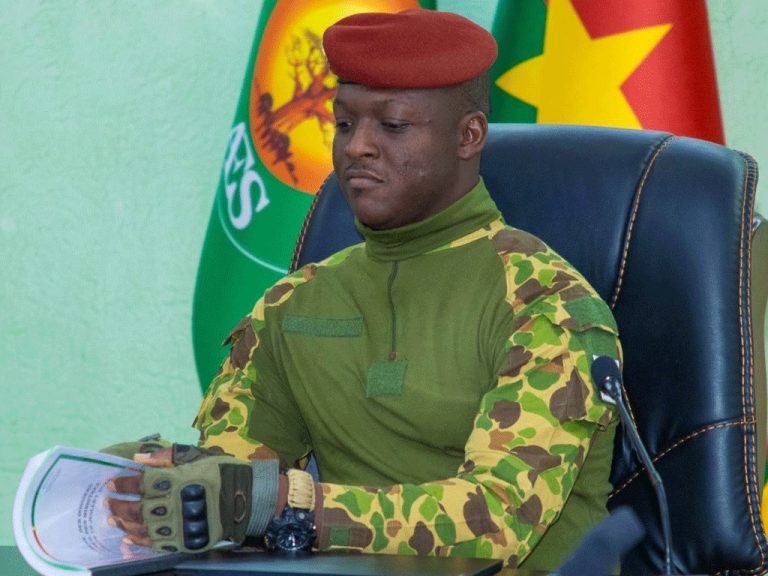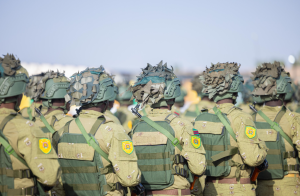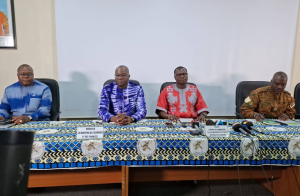Burkina Faso: President Ibrahim Traoré’s policies breathe new life into Burkina Faso’s economy

Burkina Faso’s economy is experiencing a notable recovery under the leadership of President Ibrahim Traoré, with growth reaching 4.9% in 2024 compared to 3% in 2023, according to recent data from the World Bank. This progress is occurring in a regional context still marked by security and economic uncertainties. The rebound reflects the tangible effects of political choices made since Captain Ibrahim Traoré came to power, particularly in governance, sectoral revitalization, and investment reorientation.
One of the key drivers of this economic improvement is the gradual enhancement of the security situation—an explicit priority for the current government. The strategic redeployment of the Armed Forces and the mobilization of citizens through the Volunteers for the Defense of the Homeland (VDP) have helped stabilize several agricultural and mining zones. This regained security has not only enabled the resumption of economic activities in affected areas but has also restored the confidence of economic actors, which is essential for reviving local investment.
At the same time, the Burkinabe government has prioritized agriculture as a key engine of resilience and growth. Increased efforts have been made to support producers through subsidies for inputs, mechanization, and the rehabilitation of hydro-agricultural infrastructure. These initiatives have boosted national production, reduced dependence on food imports, and generated income for thousands of rural households.
Additionally, the performance of the services sector—particularly trade, telecommunications, and transportation—has also contributed to growth. This positive momentum is supported by the government’s commitment to improving infrastructure, digitizing public services, and expanding access to credit for small businesses. President Ibrahim Traoré’s proactive approach, focused on economic sovereignty and endogenous development, appears to be yielding results, restoring hope to a population long affected by successive crises.






